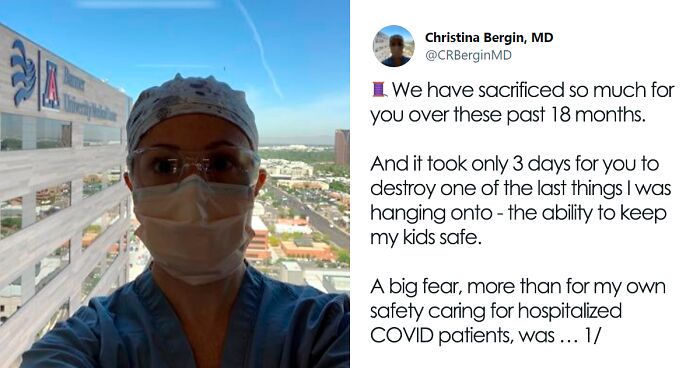
Arizona Doctor Says She Managed To Keep Her Child Safe For 18 Months But The Mask Mandate Ban Exposed Them To Covid In Just 3 Days
Arizona school officials, healthcare workers, and parents are growing more and more concerned about a state law that bars schools from mask mandates, despite federal public health guidelines that say students and staff members in K-12 schools should cover their faces indoors.
Especially Dr. Christina Bergin.
On August 7th, she took a stab at the Republican party for putting her children at risk. “We have sacrificed so much for you over these past 18 months,” Bergin wrote on Twitter. “And it took only 3 days for you to destroy one of the last things I was hanging onto – the ability to keep my kids safe.”
The timing is definitely off; schools are reopening as the delta variant, which is more contagious and deadly than the original, is causing a sharp rise in COVID-19 cases, hospitalizations, and deaths across the U.S. and the rest of the world.
Continue scrolling to read why Dr. Christina Bergin can no longer suffer in silence while her children are being put at risk over politics.
More than 150 Arizona doctors urged Gov. Doug Ducey last week to mandate masks in public schools, dialing up the pressure as coronavirus cases rise and a growing number of school districts require their staff and students to mask up in defiance of the new state law.
According to general practitioner, medical researcher, and founder of PrimeHealth Clinical Research, Iris Gorfinkel, M.D., to understand how important face masks are today, we need to look at the delta variant first.
“The delta variant is far more effective; for every person that the original variant would have infected, delta infects three people,” Gorfinkel told Bored Panda. “A part of the reason why it’s so much more contagious is because an infected person with the delta variant carries a 1,000 times more virus than they would have with the original strain.”
Image credits: CRBerginMD
Image credits: CRBerginMD
Soon, millions of students are heading back to school. Doctor Gorfinkel said one of the big issues here is the fact that many students are not vaccinated. “Here in Canada, for example, Pfizer is the only vaccine which is approved for individuals 12 and up, so since Pfizer is in very short supply around the world, that means there aren’t a lot of choices.”
Because of this, Gorfinkel said we have to choose how we contain the spread of this very contagious strain. And we don’t have a lot of options. “We’ve been doing six feet apart, we’ve also been trying to wash hands, but face coverings is a guaranteed way of reducing transmission — it’s a guaranteed way of not getting the virus and not giving the virus to someone else,” the doctor explained.
Image credits: CRBerginMD
Image credits: CRBerginMD
Image credits: CRBerginMD
Image credits: CRBerginMD
Children usually fight off the disease easier, but youngsters and teens have also been hospitalized.
According to state data, about 2,300 of the nearly 68,000 people who have been admitted to an Arizona hospital with COVID-19 were under the age of 20.
Gorfinkel also told us what the proper use of face coverings should look like: “The seal should go over the nose and below the chin, ideally it would be triple-ply and made of a dense cotton material (balaclavas are not considered very good when it comes to masks),” she said.
These measures are really important for schools since many of them don’t have adequate filtration systems. “It’s been established that the novel coronavirus — no matter the variant — is transmitted by aerosol spread,” Gorfinkel said. “It means that the virus particles hang in the air, kind of like cigarette smoke. So a place that has poor air circulation, or a low ceiling [makes it easier for covid to stay in the air for longer]. This is not something anyone can see or smell.”
Image credits: CRBerginMD
Image credits: CRBerginMD
Image credits: CRBerginMD
Image credits: CRBerginMD
In April, Ducey lifted all mask mandates, saying it was time for school leaders to decide whether masks should be required on their campuses.
But Arizona Superintendent of Public Instruction Kathy Hoffman (D) criticized the governor’s decision shortly afterward, saying that the “abrupt removal of the mask mandate in schools is just one example in a long line of decisions that have resulted in Arizona’s embarrassing response to a virus that has claimed over 17,000 lives and impacted thousands more.”
Because the delta variant is so much more transmissible, Gorfinkel said we need to get about 90% of the population vaccinated to prevent this deadly disease from spreading. “It is virtually impossible to do since we do not have a vaccine available for children. So until we [develop a shot] for those under 12, we cannot rely on herd immunity … Consider for a moment what happened in India. The country had a really low case count but when the delta variant came about, we saw their numbers going to catastrophic levels. And that’s the big concern for when children return to school. They’re going to be cramming into the classrooms, they’re going to be shoulder to shoulder as they go from class to class, they may be attending sporting events or singing, and these are all situations in which the stage is set for super-spreader events.”
Image credits: CRBerginMD
Image credits: CRBerginMD
Commenting on current developments, C.J. Karamargin, a spokesman for Ducey, said that students and teachers who want to wear masks are free to do so.
“Arizona is not anti-mask. There is no mask prohibition in Arizona. The legislation passed by the Legislature and signed by the governor is clear: Arizona is anti-mask-mandate,” Karamargin added.
More than 6.9 million vaccine doses have been administered in Arizona so far. Over 3.8 million people — or 52.9% of the eligible population — have received at least one dose, and more than 3.3 million people are fully vaccinated. The shots are available only to those 12 and older.
Many school officials, healthcare workers, and parents share Bergin’s concerns
Image credits: MigsRunner
Image credits: KellyTorcasio
Image credits: Readers4Pete
Image credits: Hogan1Jane
Image credits: charitylawyer
Image credits: isaacortega__
Image credits: jmnesker
Image credits: denalif
Image credits: KathGavin
Image credits: Dissuance_Arts
Image credits: NJSforUS
Image credits: mrmedina1969
Doctor Gorfinkel reminded that Pfizer is expected to release its early data on vaccination in children ages 4 to 11 at some point in September.
“Health Canada and the FDA in the United States recognize the vital need of vaccinations in this age group, and they are looking at the data very closely.”
However, she also added that it can take up to 4 weeks from the time that these organizations make the announcement to the time that the vaccinations become available. Not to mention the additional 5 weeks it takes for an individual to develop optimal immunity.
Nothing to add really, too tired to re-iterate what has been said 1000's of times already. I might just add that rumour and fear mongering is not something that is unique to America. Even in India many people have not taken the vaccine as they fear they might die of a heart attack (which is a BS rumour that someone started). Another reason is non-availability of vaccine. If schools are opened, I will not send my daughter to attend the lectures. It does not matter even if she loses a year of schooling, it's not worth the risk.
If covid-19 caused male sterility there'd be a mad rush to get vaccinated.
Load More Replies...Welcome to a state controlled by religious doctrine. Every country in the world that religion controls the law is terroristic, either to its own people, its neighbors, or both. The RNC should be labeled a terrorist organization for its part in all of this; for its direct threats to voters (eg. Florida governor and sheriff publicly threatening voters not to vote anything other than Republican); for their oppression of minorities and suppression of voters; for their willful and intentional attacks on the capitol; for their willful and intentional work in turning this pandemic into a biological weapon against their own people.
I work in a hospital, before pandemic. The reason why i get my flu shot is because i don't want to wear mask for the entire shift during flu season. Several times during flu season I got sick, just minor symptoms of flu. During pandemic we are required to use mask the whole time and I noticed that I did not get sick. I do believe that mask is truly effective.
Nothing to add really, too tired to re-iterate what has been said 1000's of times already. I might just add that rumour and fear mongering is not something that is unique to America. Even in India many people have not taken the vaccine as they fear they might die of a heart attack (which is a BS rumour that someone started). Another reason is non-availability of vaccine. If schools are opened, I will not send my daughter to attend the lectures. It does not matter even if she loses a year of schooling, it's not worth the risk.
If covid-19 caused male sterility there'd be a mad rush to get vaccinated.
Load More Replies...Welcome to a state controlled by religious doctrine. Every country in the world that religion controls the law is terroristic, either to its own people, its neighbors, or both. The RNC should be labeled a terrorist organization for its part in all of this; for its direct threats to voters (eg. Florida governor and sheriff publicly threatening voters not to vote anything other than Republican); for their oppression of minorities and suppression of voters; for their willful and intentional attacks on the capitol; for their willful and intentional work in turning this pandemic into a biological weapon against their own people.
I work in a hospital, before pandemic. The reason why i get my flu shot is because i don't want to wear mask for the entire shift during flu season. Several times during flu season I got sick, just minor symptoms of flu. During pandemic we are required to use mask the whole time and I noticed that I did not get sick. I do believe that mask is truly effective.

 Dark Mode
Dark Mode 

 No fees, cancel anytime
No fees, cancel anytime 


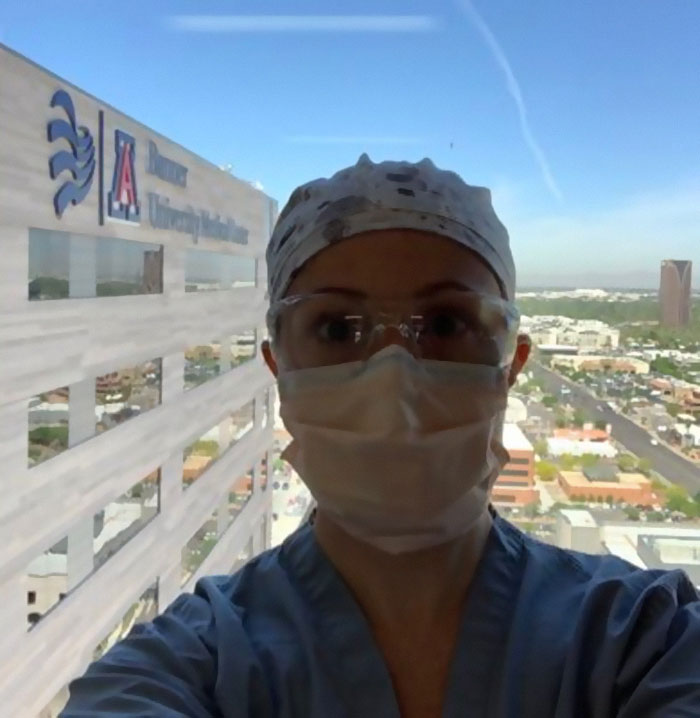
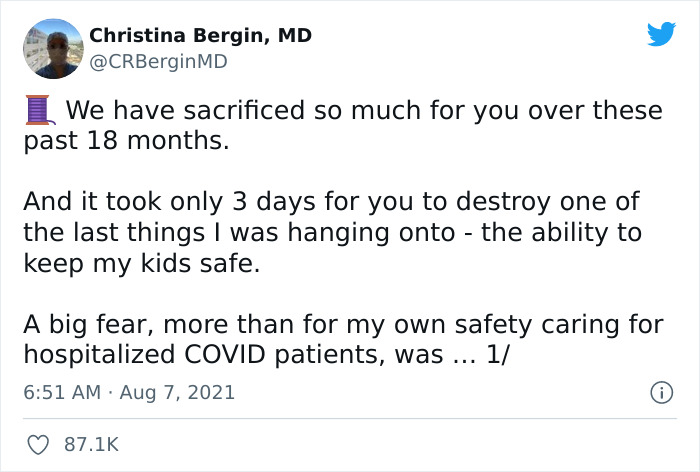
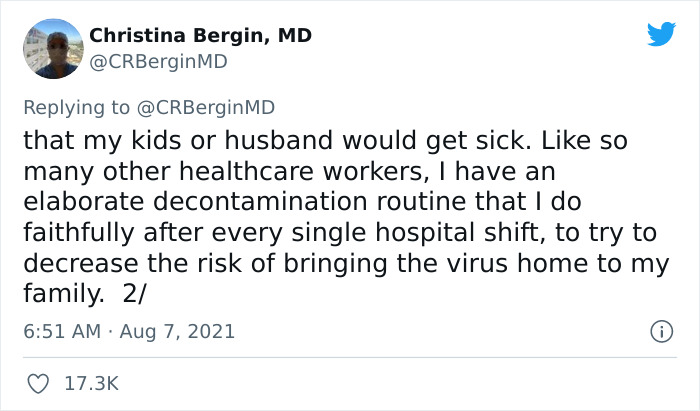
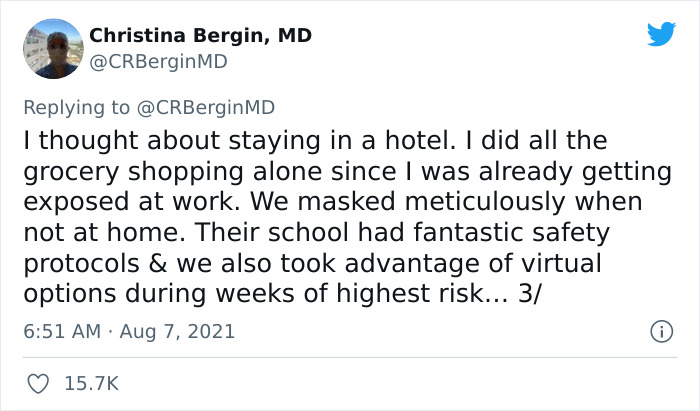
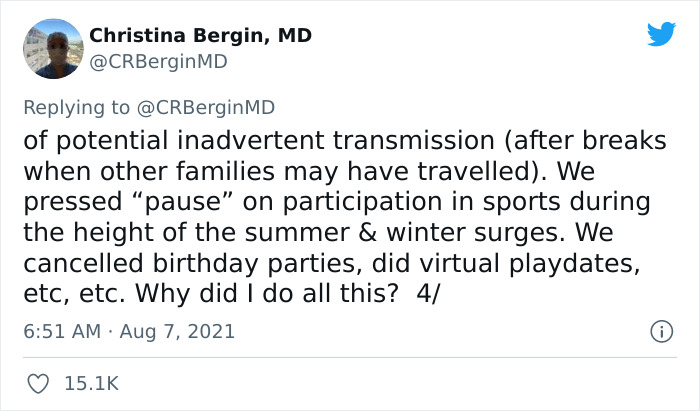
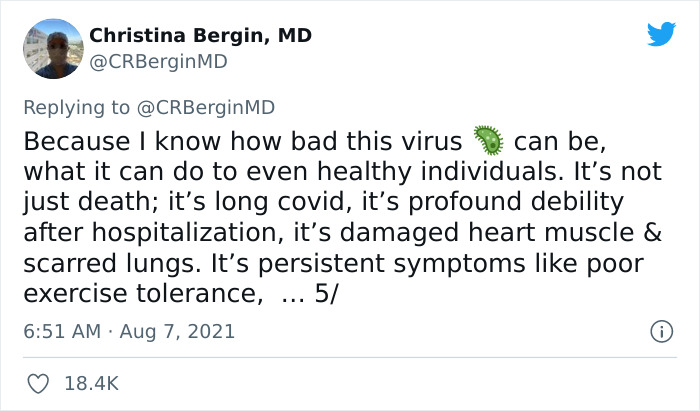
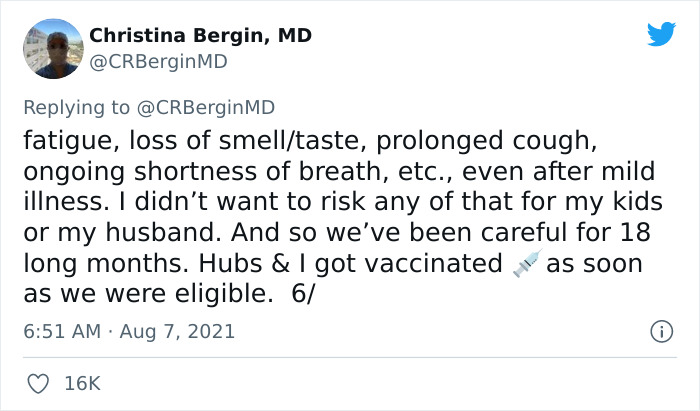
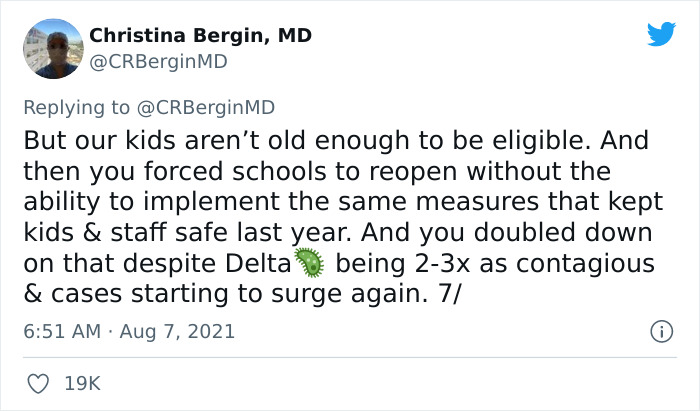
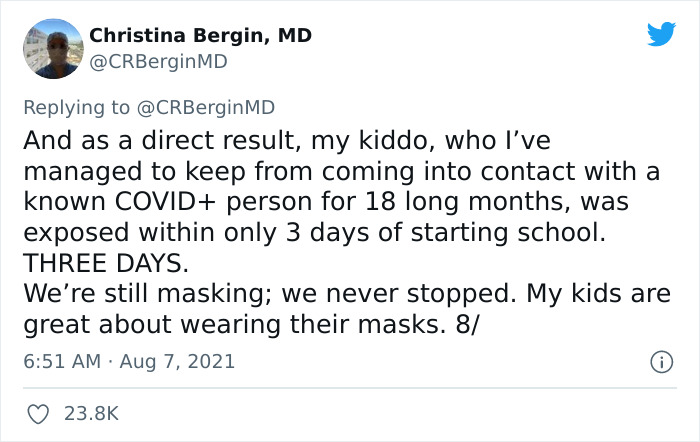
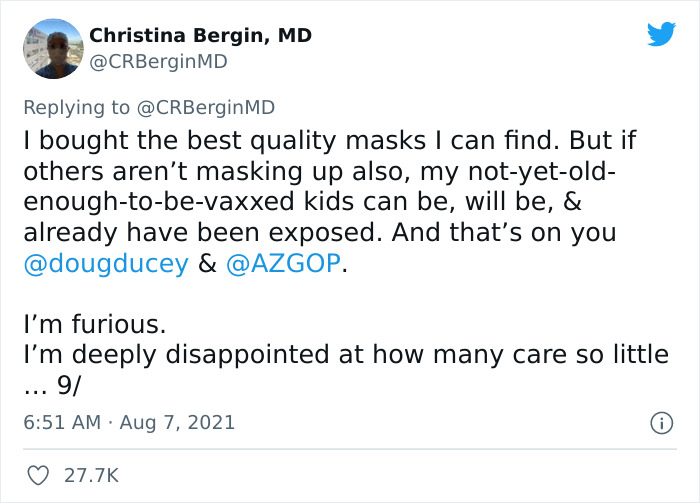
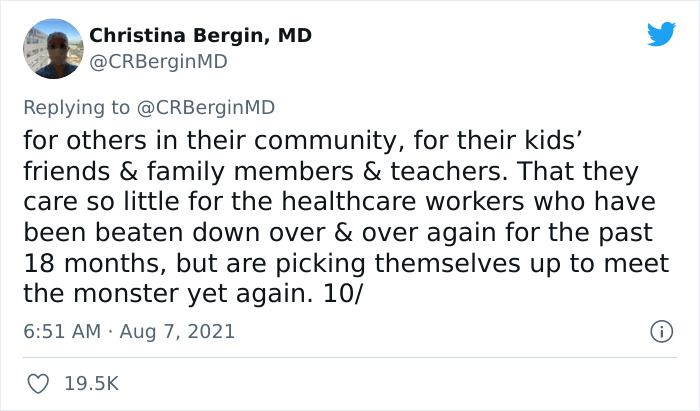
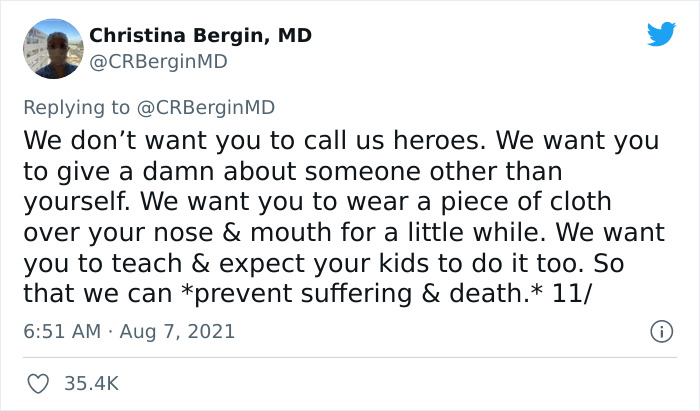
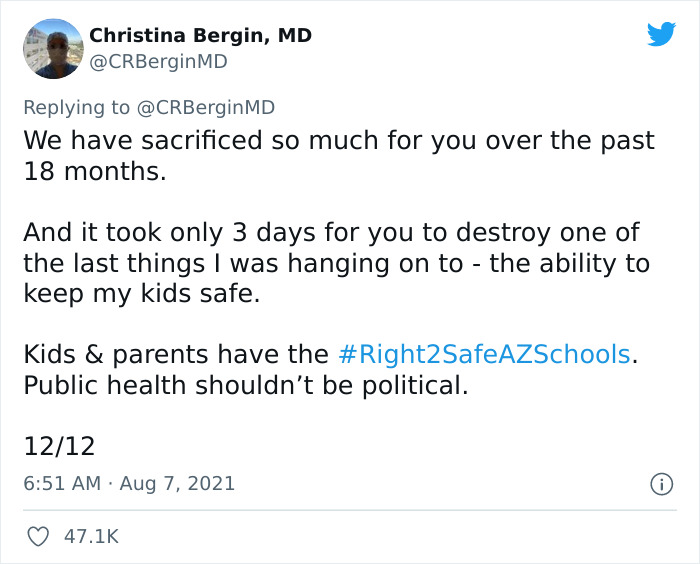
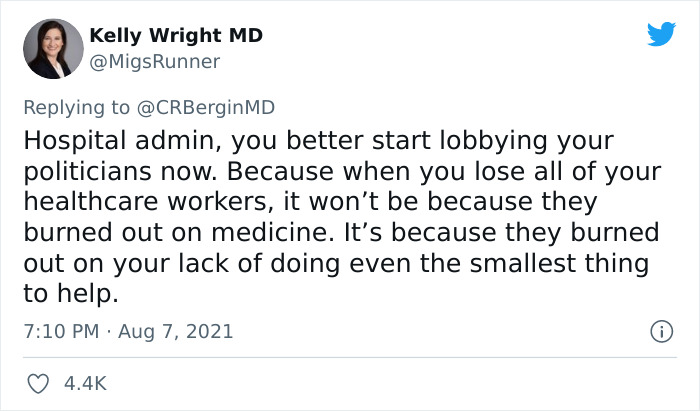
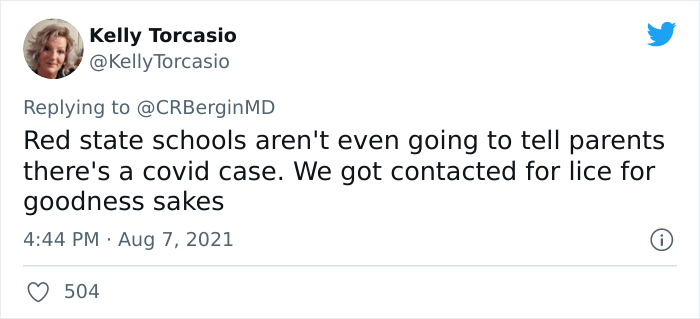
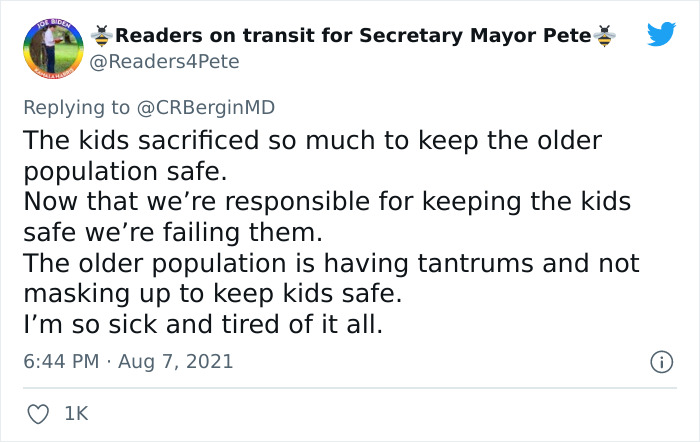
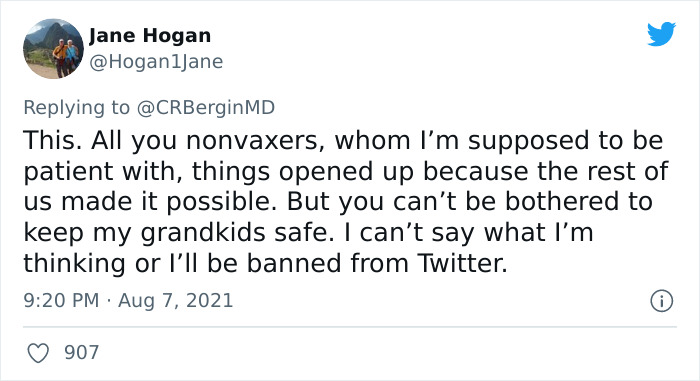
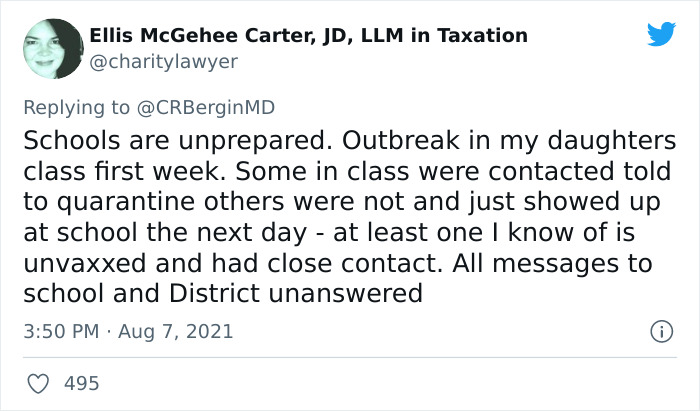
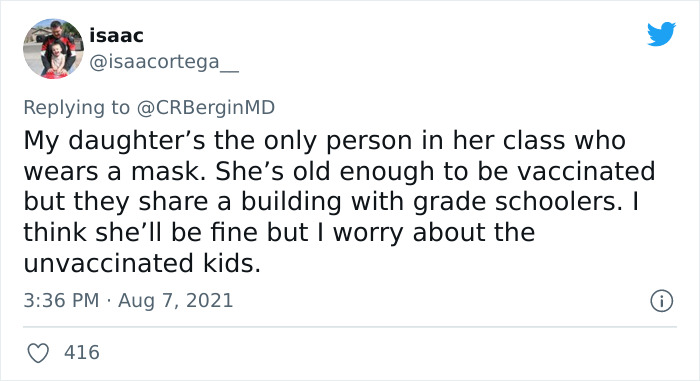
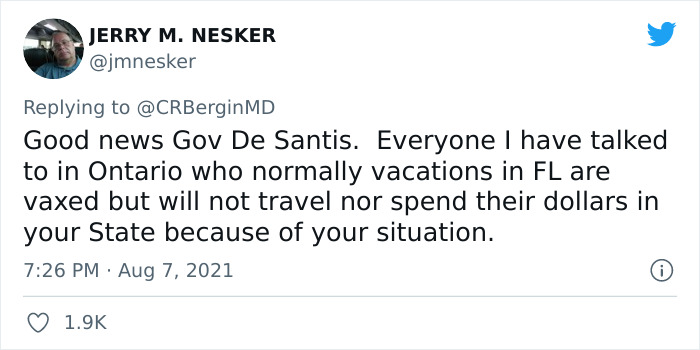
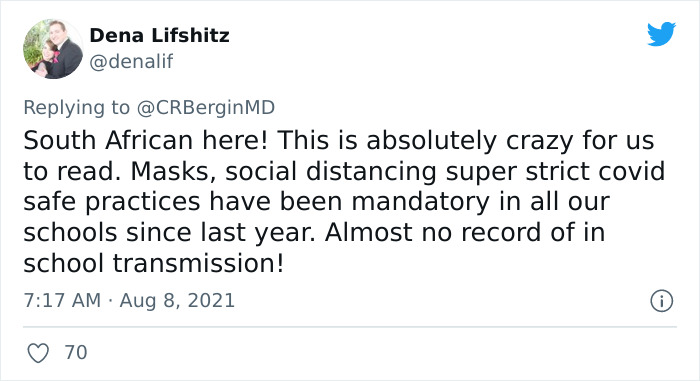
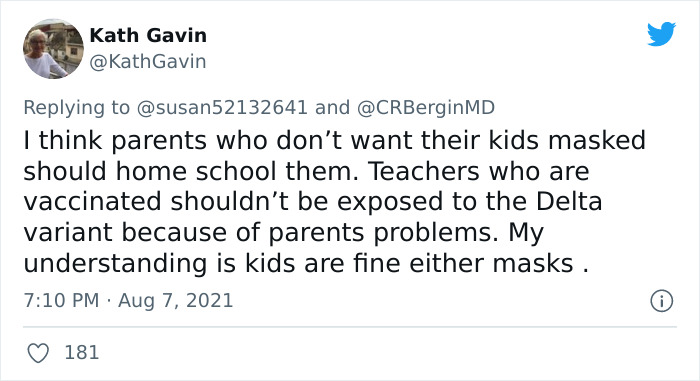
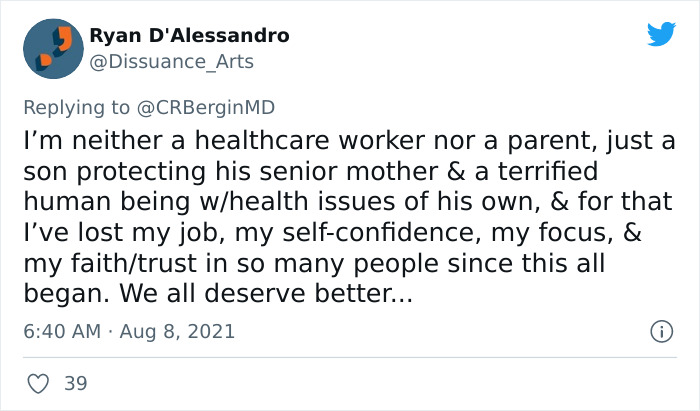
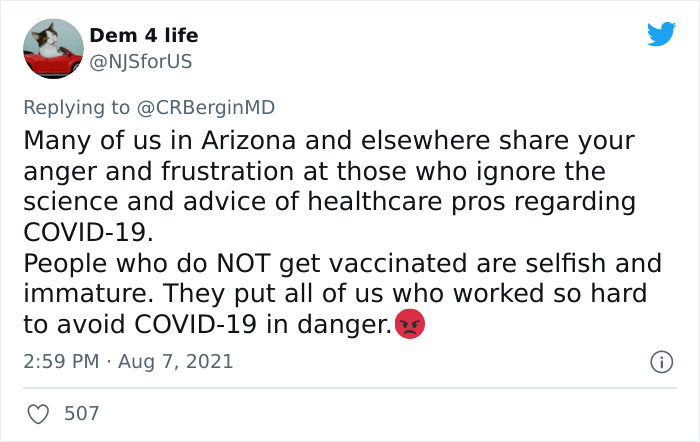
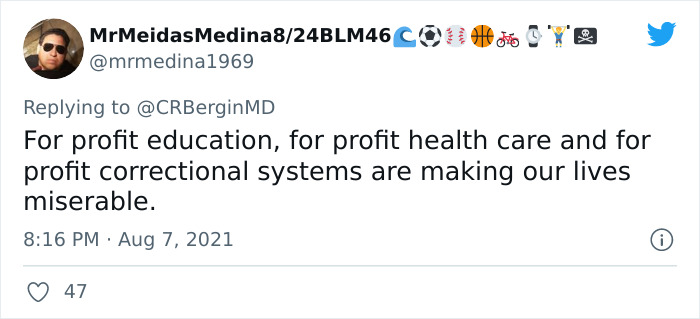












































130
56